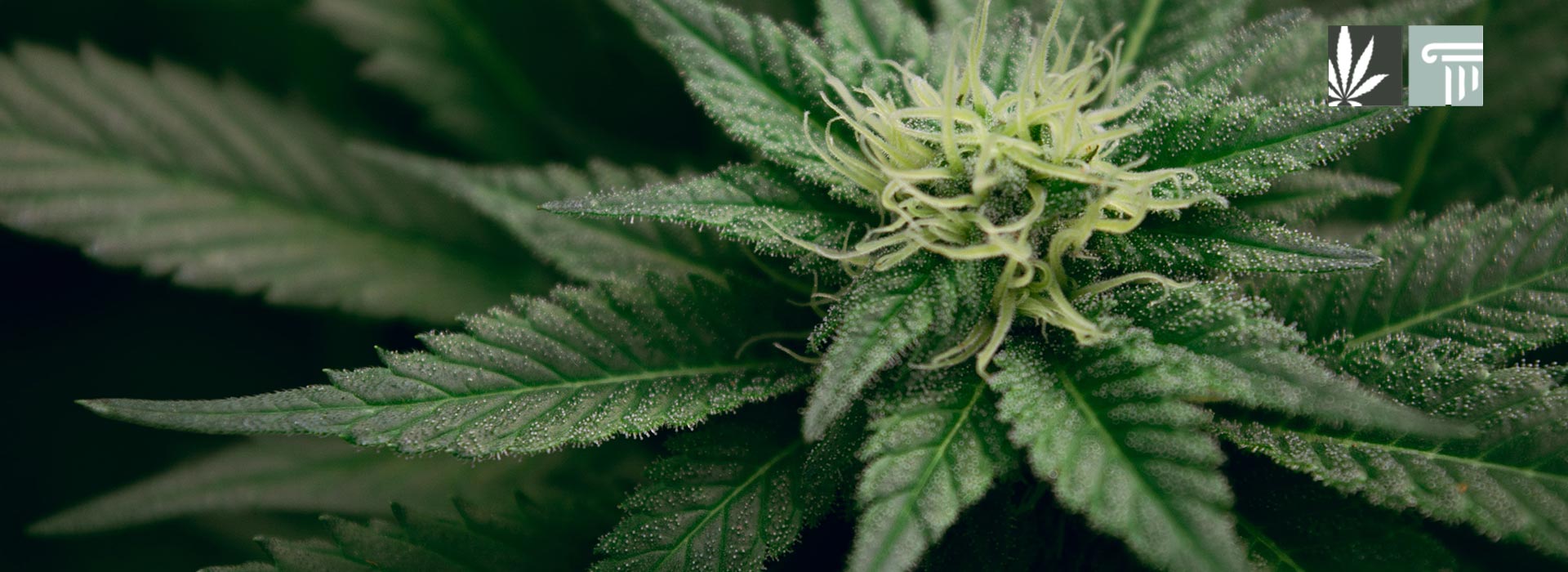President Joe Biden’s administration wants to press ahead with wholesale changes to the federal drug scheduling system that would make it easier to research Schedule I controlled substances like cannabis and psychedelics.
The move is outlined in a letter from the White House Office of National Drug Control Policy (ONDCP) to leaders in congress, as well as a post on the agency’s website. Specifically, the ONDCP is looking to encourage more research by simplifying the registration process scientists undergo to legally access Schedule I drugs so that it more closely aligns with those for Schedule II substances.
The existing system whereby scientists access Schedule I drugs for research purposes is widely derided as unnecessarily difficult. Nora Volkow, director of the National Institute on Drug Abuse who recently backed calls for federal cannabis decriminalization, agrees the current system is “lengthy and cumbersome.”
To access Schedule I and II drugs, scientists must submit to the Drug Enforcement Administration (DEA) a general research proposal, storage and security information, as well as the experience and qualifications of the researchers involved. For Schedule I drugs, however, there is the additional step of having the secretary of health and human services “determine the qualifications and competency of each practitioner requesting registration, as well as the merits of the research protocol.”
Whether removing this step and aligning Schedule I and II requirements would go some of the way toward expanding access and helping ensure more research into drugs like cannabis remains to be seen though, with some skeptical that the proposed ONDCP policy change would make that much difference.
Nonetheless, the ONDCP’s move does seem to be part of a broader trend toward facilitating drug research under the Biden administration.
The DEA has been roundly criticized over the past few years for dragging its heels on a pledge to expand access to research grade cannabis, but it has recently moved toward authorizing new marijuana suppliers and even proposed a huge increase in cannabis and psilocybin production to help develop new federally-approved medications.
“DEA firmly believes in supporting regulated research of schedule I controlled substances,” the DEA said in a Federal Register filing this month. “Therefore, the [Aggregate Production Quota] increases reflect the need to fulfil research and development requirements in the production of new drug products, and the study of marijuana effects in particular, as necessary steps toward potential Food and Drug Administration (FDA) approval of new drug products.”
While such moves are welcomed by drug reform advocates, there’s also frustration that cannabis and magic mushrooms, which are believed to have therapeutic benefits, are still in the most restrictive drug category given it’s supposed to be for substances thought to have no medical value.
President Biden has made rescheduling cannabis a central part of his proposed federal reforms for the plant, even though Schedule II substances also carry heavy criminal penalties. White House Press Secretary Jen Psaki recently confirmed that marijuana rescheduling would be the first step toward release inmates serving time in federal prisons for cannabis-related convictions, but reform advocates are skeptical that such a move would achieve this.






